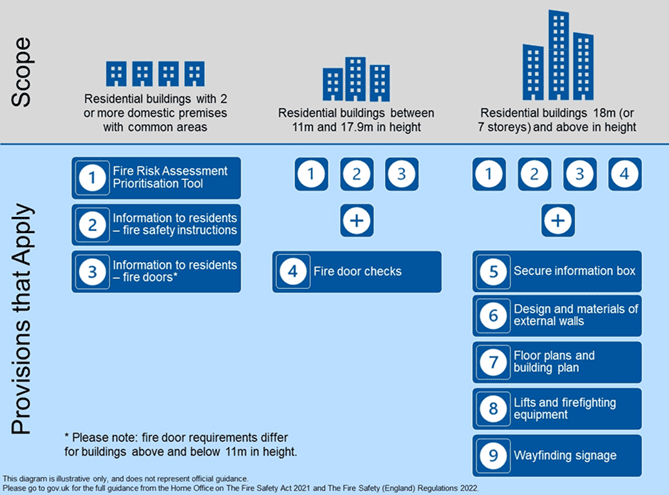Mastering Fire Safety Compliance: Training Explained
Mastering Fire Safety Compliance: Training Explained
Blog Article
From fire alarms to evacuation plans, US offices must comply with strict regulations to minimize risk and meet insurance and legal standards.
Whether you manage a small office or a large corporate space, understanding fire safety protocols is essential to keeping everyone protected.
Read on to discover how to navigate certification renewals with confidence.
The Importance of Workplace Fire Safety
Fires can happen anywhere, and offices are no exception.
Investing in proper fire safety measures is not just about meeting legal codes; it’s about creating a culture of care and preparedness.
Failure to comply can result in severe fines, legal liability, or even closure.
What Is Fire Warden Training in the US?
This training is essential for ensuring that offices can respond quickly and safely if a fire breaks out.
Employers are responsible for selecting suitable fire wardens and ensuring they receive regular training updates.
Choosing a certified training provider is critical.
Steps to Pass Fire Safety Inspections
In the US, many businesses must obtain fire safety certifications from local fire departments or regulatory bodies.
To prepare, start by conducting an internal audit.
Proactive preparation not only simplifies renewals but also ensures continuous protection for your workplace.

How to Keep Your Office Fire-Safe Every Day
This includes routine equipment checks, clear communication, and fostering a culture where all employees understand their role in fire prevention.
Post updated evacuation maps in visible locations, especially near elevators, stairwells, and communal areas.
Host periodic refresher trainings, conduct surprise fire drills, and encourage team leaders to review emergency plans during staff meetings.
Legal and Insurance Implications of Fire Safety Compliance
Beyond regulatory penalties, companies may face reputational damage, employee distrust, and operational disruptions.
Many commercial insurance policies require proof of current fire safety certifications, maintenance logs, and training records.
Investing in compliance is not just about avoiding penalties—it’s about protecting your assets, your team, and your future.

Conclusion: Building a Fire-Safe Workplace
Whether you run a small office or a large corporate campus, robust fire safety strategies are a non-negotiable part of doing business.
Fire safety readiness is a powerful signal of professionalism and care.
As fire risks evolve and workplace environments change, staying proactive is essential.
Common Questions on Workplace Fire Prevention
Do all staff need fire safety training?
Larger offices may require multiple wardens to cover all floors or departments.
When do I need to update fire safety inspections?
Renewal periods vary by jurisdiction but are often required every 1–3 years.
What are common causes of office fires?
Good housekeeping and equipment maintenance are key to fire prevention.
Can non-compliance void my business insurance?
Failing to meet these standards may reduce payout or lead to denied claims in case of a fire.
What should be included in an office fire safety plan?
Drills and refresher training help keep the plan effective and actionable.
saiba mais curso de brigada de incêndio veja o site Report this page